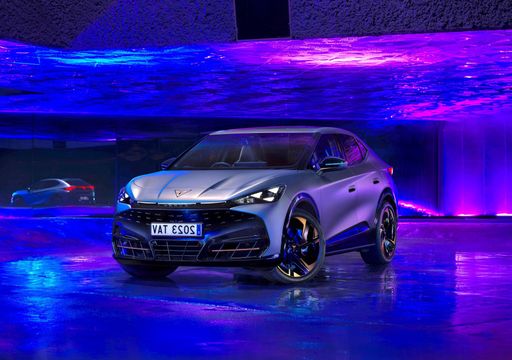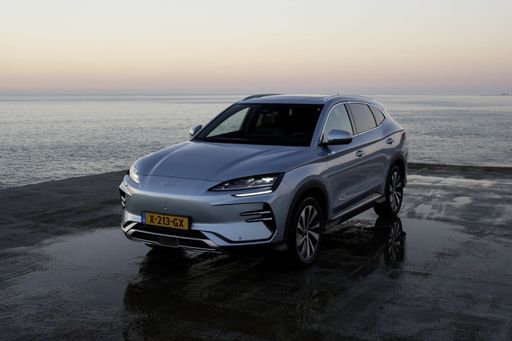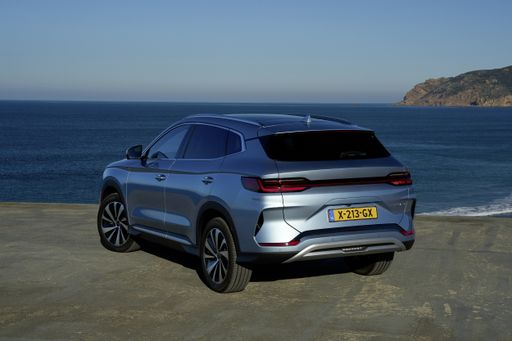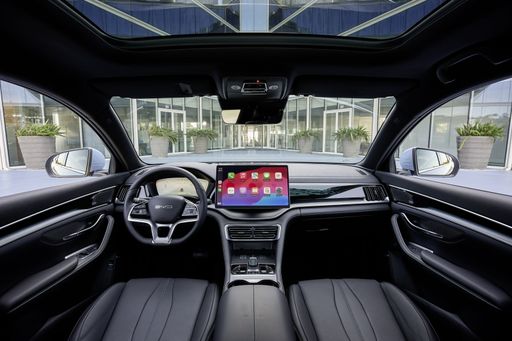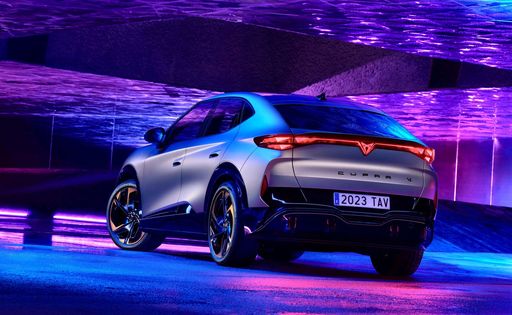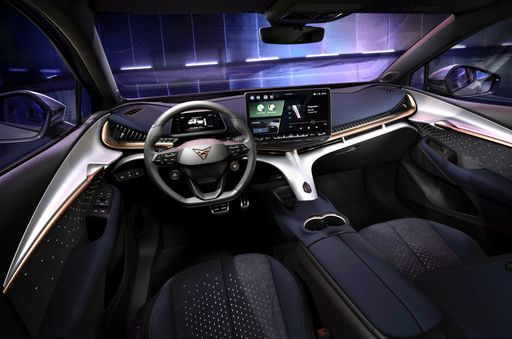BYD Seal U vs. CUPRA Tavascan: A Detailed Comparison
The electric vehicle market has seen significant growth and innovation over the past few years, especially with the introduction of new models that blend performance, efficiency, and cutting-edge technology. Two models that have grabbed attention in the SUV segment are the BYD Seal U and the CUPRA Tavascan. In this article, we will explore their technical specifications, unique features, and innovations to help you decide which SUV might be the best fit for your needs.

